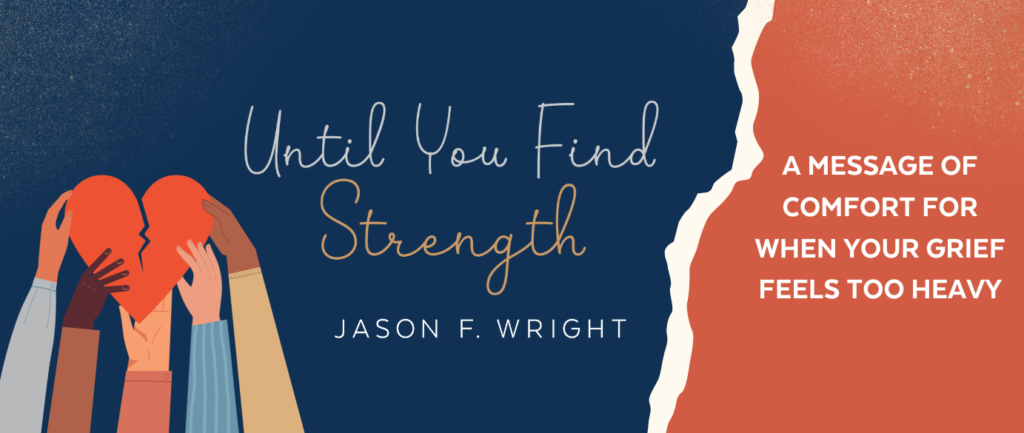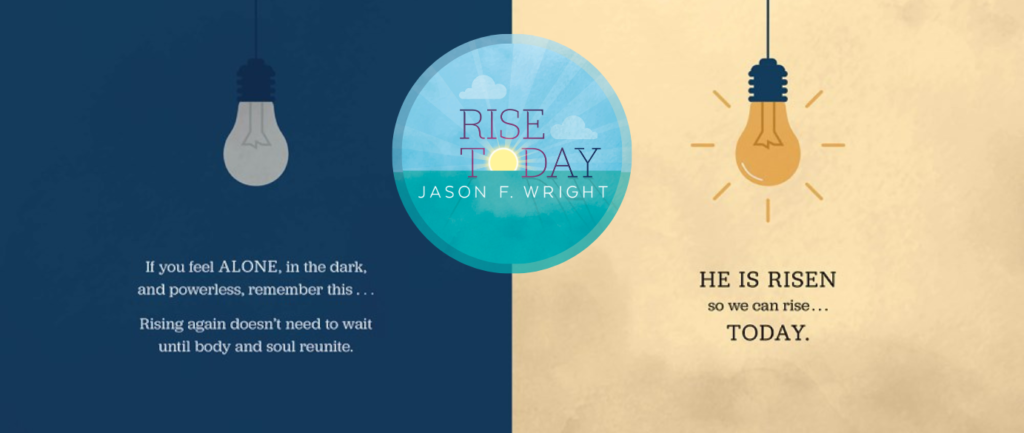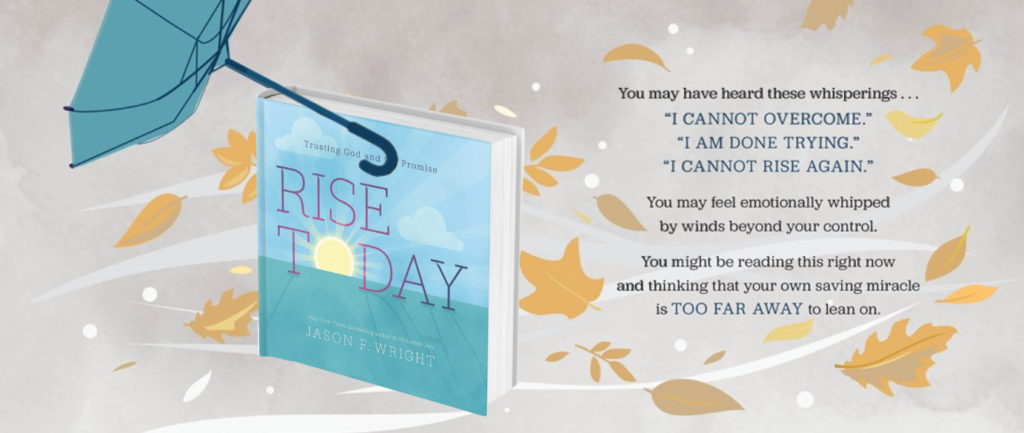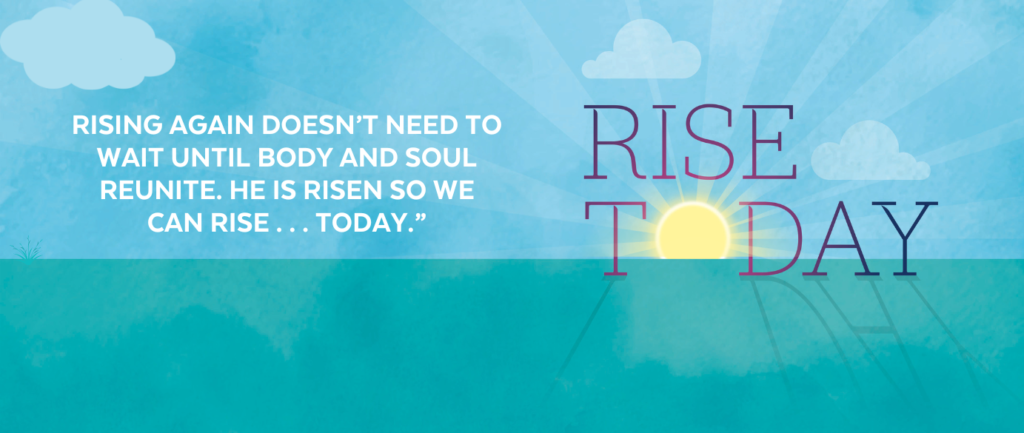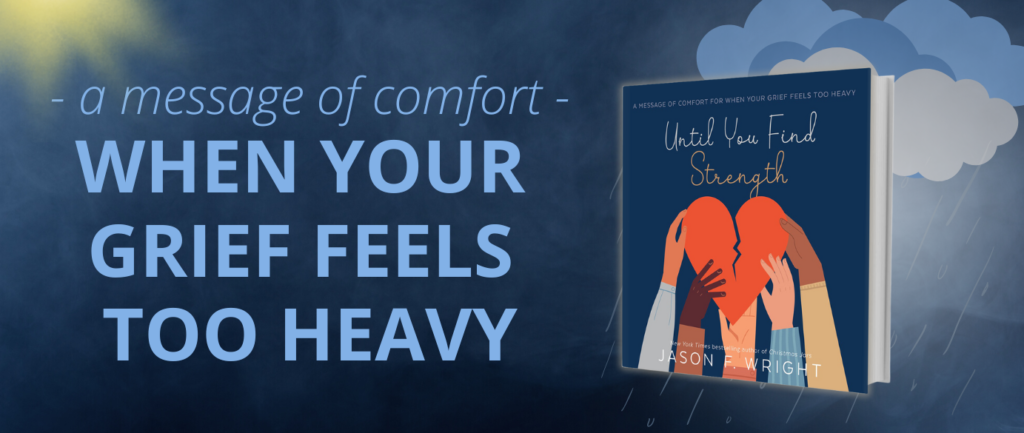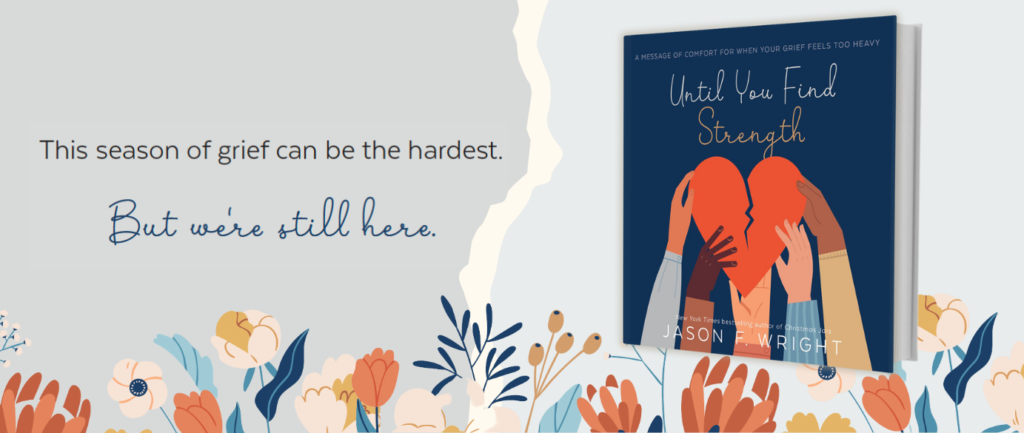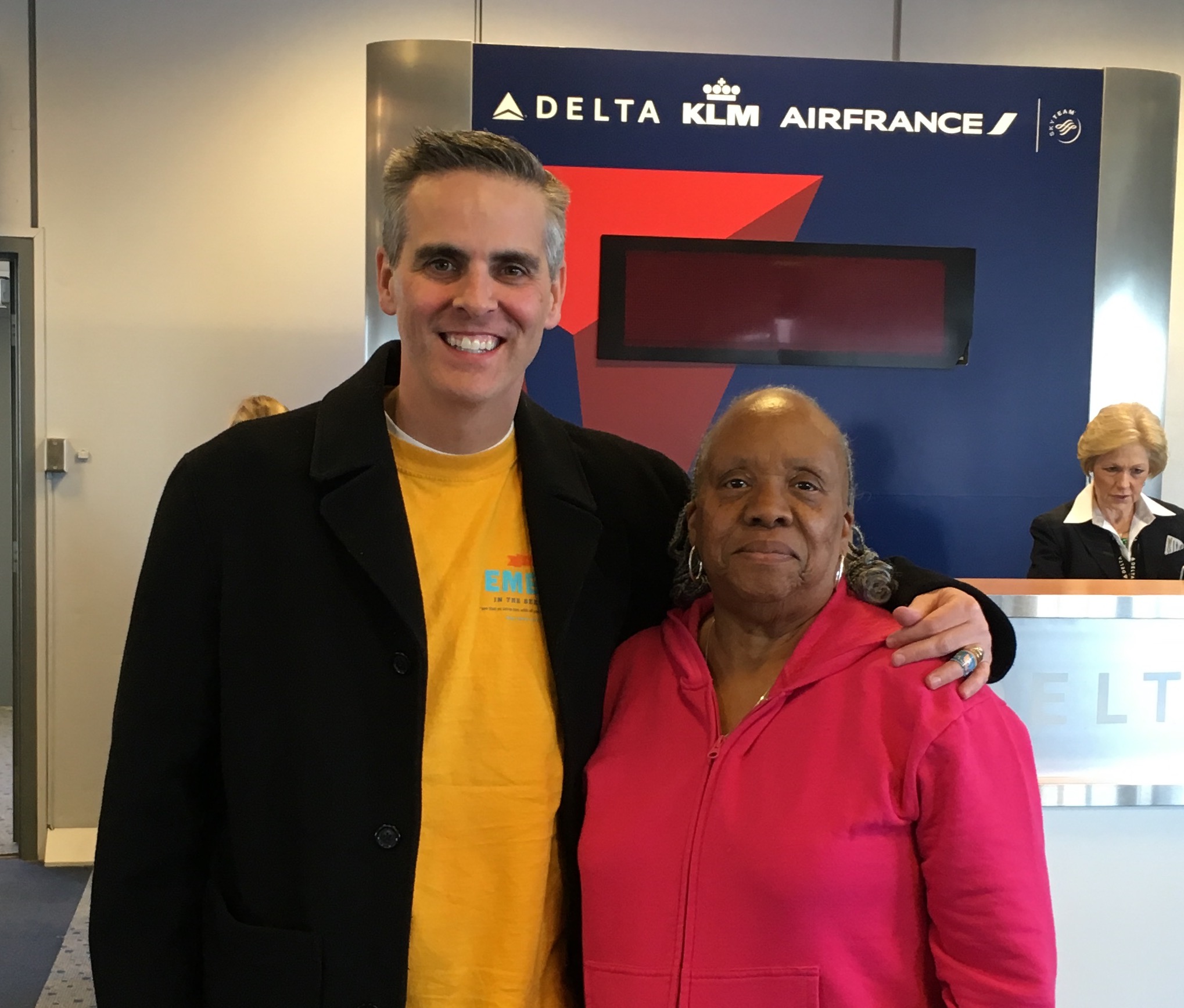
What strangers on a plane can teach about faith, friendship and forgiveness
[mashshare]
Airline passengers inch by me like sardines being shoved into a tiny tin. As always, the endless boarding march reminds me that despite my love of travel, they’re spelling them wrong.
These are air-pains.
I turn to a woman to my left in the middle seat of row 26. “So, where you headed?”
“Honolulu.”
Having just lived through #snowpocalypse2016 in Virginia, I express my condolences. “Sounds awful! I’m so sorry.”
We laugh a moment and I shake her hand. Her name is Mary and I learn she’s traveling alone. After few more good-natured ribs about bouncing a blizzard for a beach, I ask in my best, please-say-no-whisper, “You’re not going to a funeral, are you? Because this would be so awkward now.”
“Sort of,” she sighs, and I want to reach for the air-sickness bag.
“But not really,” she says. “My husband of 33 years died one year ago and I’m remembering him with this trip to Hawaii. I always wanted to go, but he wasn’t healthy enough, so I’m doing it alone.”
“I’m so sorry,” I choke, sounding like a frog with strep.
She’s forgiving, of course, and before they close the door, she knows I’m heading to Salt Lake City and we both know a bit about our work, family and faith.
So it began. Between breaks for movies, small naps and smaller snacks, we learn lessons infinitely more valuable than the price of our tickets.
Mostly Mary and I discover that God doesn’t expect us to just look up for answers and inspiration, but to our left and right. And before her lifetime of wisdom slips by me in the jet stream, I ask permission to take notes.
My new friend Mary, 69, from Maryland, was married the first time when she was just 16 years old. Her husband was 17. After five years and three children, the couple divorced but remained remarkably close.
“We were just so young,” she says. “And we both made mistakes. But we decided to forgive, no matter what. Christ requires that.”
Years later, when her mother died and she was broke and still single, Mary called her former husband and he paid every penny of the services. No strings. No expectations. No IOU.
“Forgiveness is powerful,” she says. “We are close friends to this day.”
In her 30s, she met a humble, handsome corporate chef named Louis walking down the sidewalk in Alexandria, Virginia.
“There was something about him,” Mary says. “But after my first experience, I knew I wanted to do it different. Take our time.”
The couple courted for eight years, and she was quick to add they did not live together until after their wedding.
Thirty years and two children later, Louis fell terminally ill and said a long goodbye at home, followed by a thankfully short farewell at a nursing home before passing away.
“I miss him,” she whispers. “In fact, I miss him more now that a year ago because I see how much I took for granted.” She wipes her eyes and in sweet, almost reverent tones, she describes the empty left side of her bed. “I feel so lost.”
Our conversation is briefly interrupted by the beverage cart, and when we resume our chat, I ask what advice she would have for newlyweds who aspire to a 33-year-marriage. “Oh boy! You’re asking me?”
“You did it, didn’t you?” I respond.
She shares another seasoned smile. “I did. … My advice is take your time. Get to know each other, keep getting to know each other even after you’re married,” she says. “I think young people think it’s enough to fall in love. But you’ve got to like each other, too. That’s not always the same thing.”
Before I can finish my water and bag of peanuts, Mary is on a roll.
“And don’t get into debt! Louis taught me if you can’t pay for it, you don’t need it,” she added. “He worked as a chef and drove cab both for a lot of years to pay the bills. By the time he retired, he owned rental properties and everything paid for. No debt.”
She spoke lovingly about her husband’s preparations to die. “You’ve got to talk about it. Make plans,” she said. “He took such good care of me. Funerals were paid for and planned years ago. So when it happens, all you have to do is grieve.”
Mary spoke of wisdom and the value of recognizing it in your spouse before they’re gone. “I use his wisdom now, but I wish I’d used it so much more when he lived.”
After another break, we chat about our faith. Mary is a lifelong Baptist with a deep love of Jesus Christ and a profound understanding of his life, ministry, sacrifice and the role of repentance in returning to live with him again.
“Imagine a world without grace,” she preaches. She’s troubled by people who believe church attendance alone qualifies them as Christians. “Going to church doesn’t make me a disciple. If we really believe, we’ll want to be like him.”
In the next breath, now turning toward me and speaking passionately, she warns about judging others. “It’s not our job. Heavenly Father does the judging,” she says. “And the way we forgive and love reflects him.”
After several minutes on our shared beliefs on creation, the Garden of Eden and Christ’s birth, I introduce her to my faith as a member of The Church of Jesus Christ of Latter-day Saints. We discuss the Apostasy, the Restoration, priesthood, prophets and the blessings of the temple. She’s curious, and the more we share, the more we find in common.
Then, with a thump and a screech, we’re on the ground, neither of us aware we’d arrived. Once again, we squeeze our way down crowded aisles and tumble out of the jet.
As we say goodbye, Mary suggests God puts his children together for a reason. “He’s got something for us to learn every day,” she says. “We just have to look up.”
I thank her for being the teacher and I add my witness that our seating arrangement was no coincidence. (Due to widespread weather cancellations, neither of us was on our originally scheduled flights.)
With a photo and a hug and her permission to write this column, we say goodbye. She admits to being nervous about traveling alone to Hawaii and I give her my card and a promise of prayers on her behalf.
Watching her wind her way to a Honolulu-bound plane, I remember how many flights I’ve wasted buried in my iPhone, iPad and under my closed eyelids.
“I’m grateful I looked up,” I say to myself as I walk off. “Even better, I’m glad I looked right and left.”
[mashshare]

